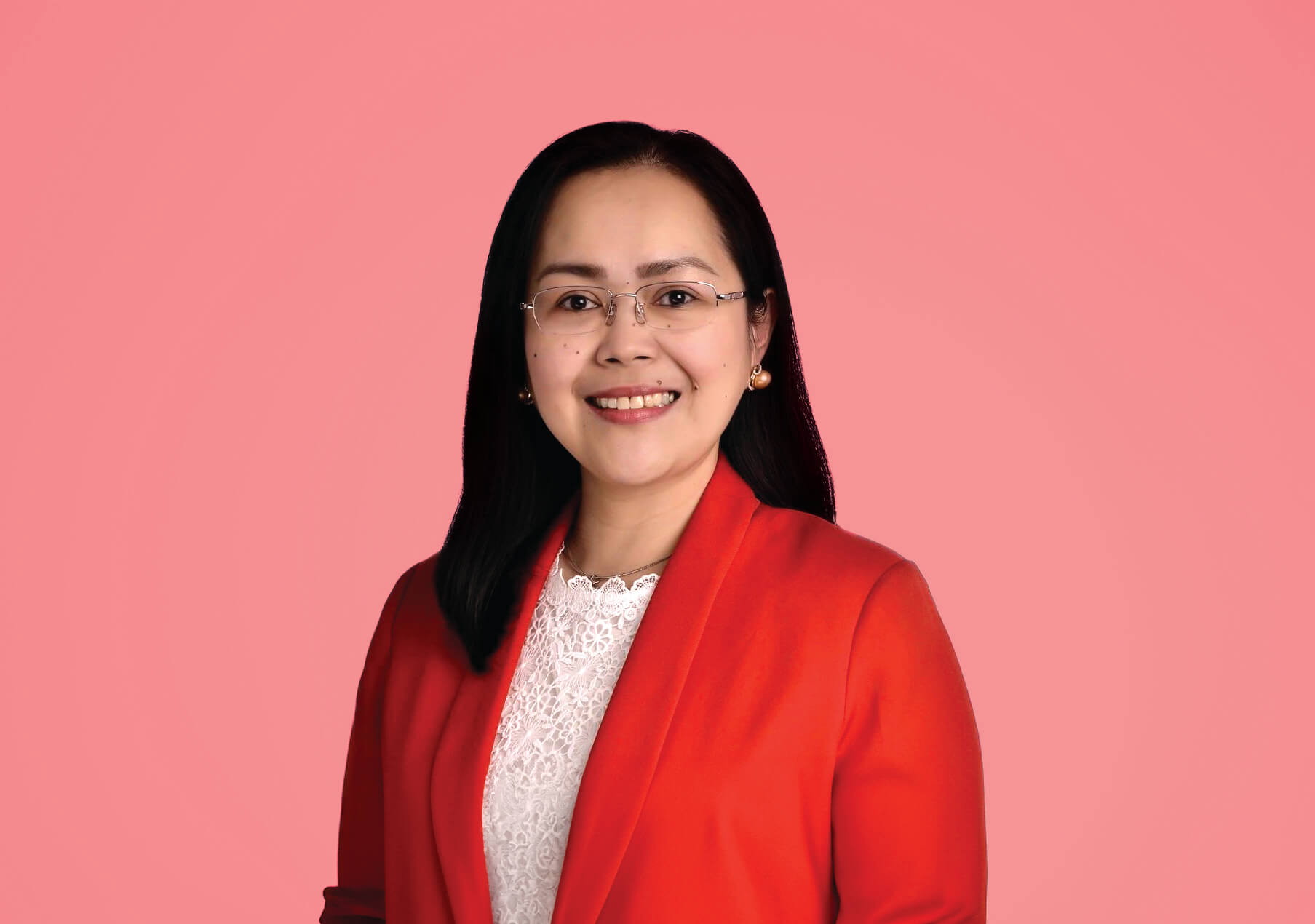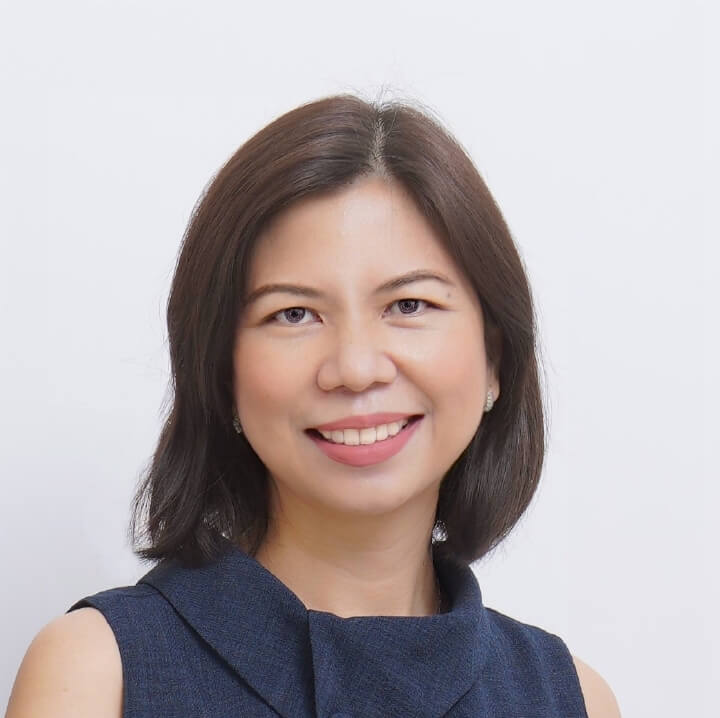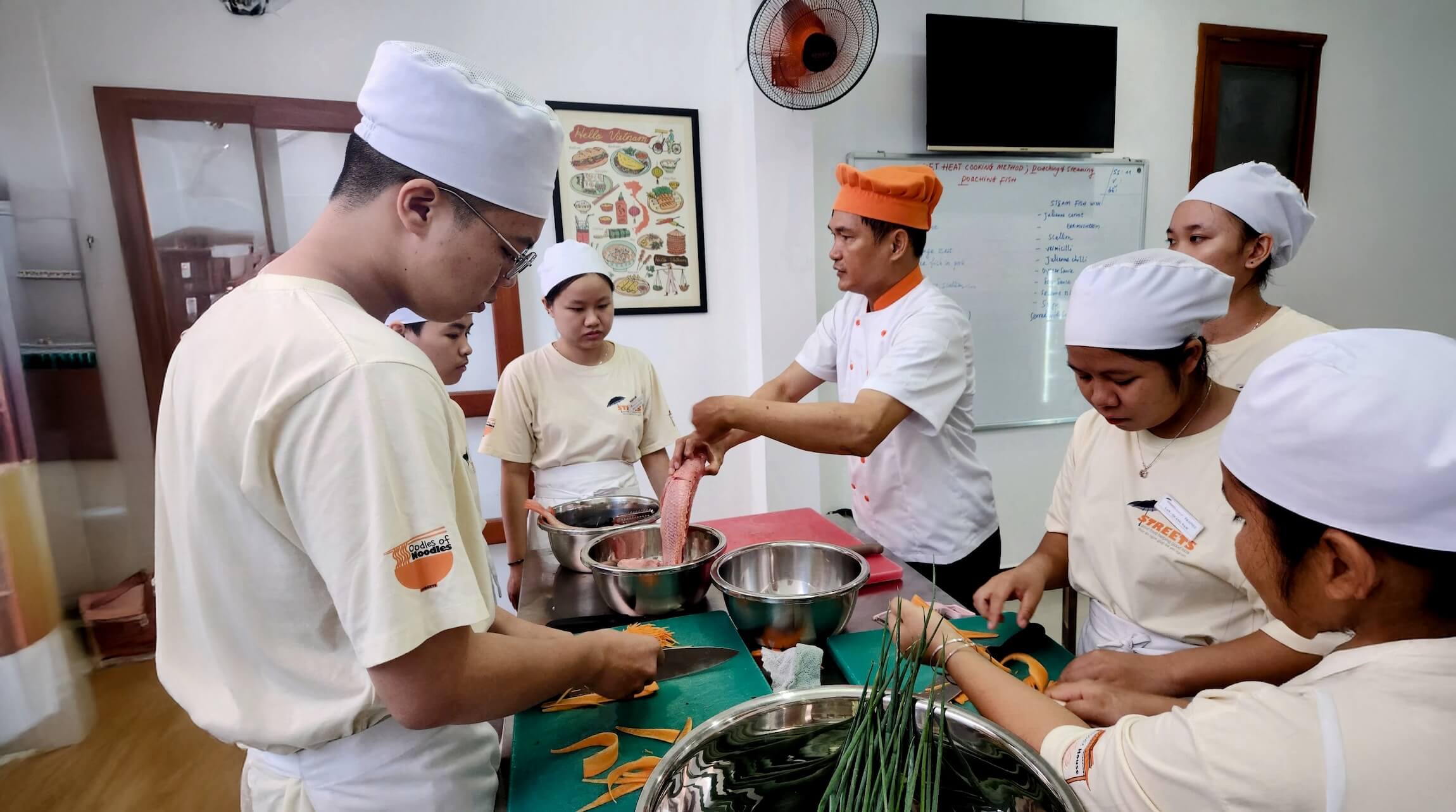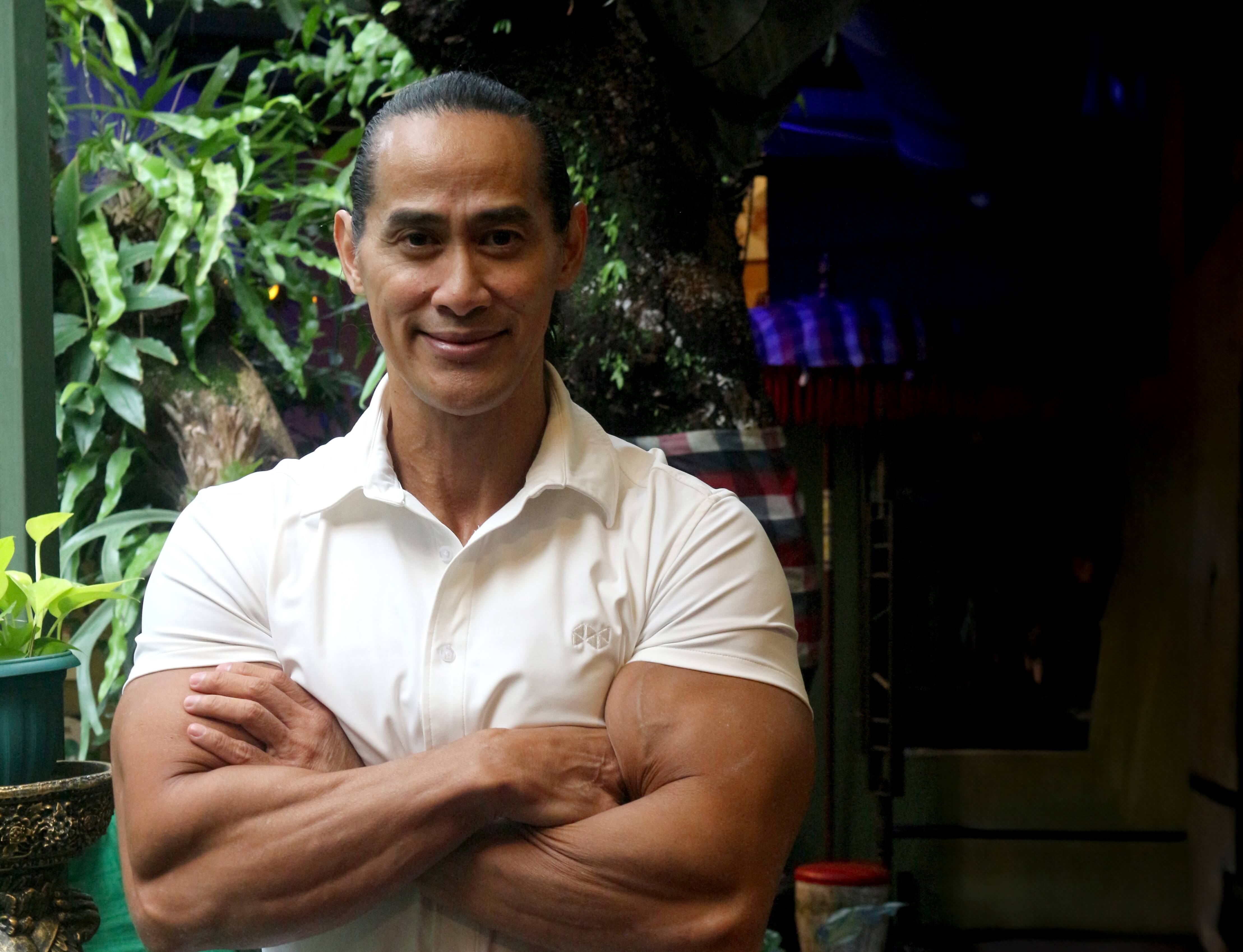




The COVID-19 pandemic was particularly trying for Philippines-based OB-Gynecologist Marites Barrientos, known as "Doc Tess” to her patients. For someone who finds immense joy in caring for expectant mothers and delivering babies, it was challenging to limit face-to-face prenatal visits, don multiple layers of personal protective equipment, and maintain minimal interaction even during childbirth.
“I had two patients who were COVID-positive when they gave birth,” she said. “I felt bad because their husbands were not permitted in the delivery room, and they didn’t know anyone except me, yet safety precautions prevented me from giving enough reassurance or comfort.”
Reflecting on her experiences, Doc Tess said she often felt conflicting emotions of joy and fear in equal parts. “I felt fulfilled that I was part of such a joyous occasion in a couple’s life, but also frightened that we (the medical team) would contract COVID-19.”
Throughout the pandemic, Doc Tess continued to treat women with reproductive health concerns in addition to pregnant patients. Telemedicine, in Doc Tess’s opinion, is a lifesaver for both doctors and patients.
“Online consultations served as alternative means of seeing and communicating with our patients to address non-urgent concerns,” she said. At the same time, she felt more at ease knowing she would be less exposed to the disease so she could continue caring for her patients. She was also extremely careful because she was living with her elderly mother and grandmother at the time.
With telemedicine, she said more emphasis was placed on instructing patients to keep tabs on themselves and recognise warning signs that require immediate medical intervention.
“The limitation is when a patient has a concern that I couldn’t assess by just talking with them. I have no other option but to see and examine them in person to better manage their health,” she said.
Doc Tess is thankful that even before the pandemic, she had joined a telehealth platform for storing and accessing patients’ electronic medical records. Thus, migrating to online consultations became relatively easy.
Currently, she is active in this telehealth platform and keeps a hybrid schedule. “I have a fixed schedule for in-person and online consultations,” she said. “I get a lot of patients from the platforms since they allow patients to easily find specialists and book online consultations.”
She said telemedicine has given her the opportunity to expand her reach, allowing her to treat Filipinos residing overseas and younger patients who may ordinarily require the presence of their parents.
As a doctor, she believes in self-care, particularly maintaining her mental health. During the pandemic, she said her family’s love and support kept her going. “I developed and rediscovered hobbies and skills that would make me feel relaxed, recharged, and happy. Getting and taking care of a pet dog gave me so much joy and comfort,” she added.
It also helped that the tertiary hospital she’s affiliated with implemented stringent safety measures to ensure the protection of patients, visitors, and the medical staff. “It made me feel secure knowing that policies were in place to promote a safe working environment,” she said.
Doc Tess advocates for more women to be more in tune with their bodies. One condition that many of her patients struggle with and tend to ignore is endometriosis, she explained. “We take these types of conditions seriously. In fact, we’re trying to raise awareness among women that they should not ignore their pain and discomfort. And, as this disease greatly affects women’s reproductive potential, timely diagnosis and proper treatment should be provided.”
She also urges women to prioritise their health. “For example, I have patients who have been bleeding for months or have a huge mass in their abdomen but suffer in silence. They put off seeing a doctor because they do not have money. On many occasions, women put their husbands’ or children’s needs before their own, causing a delay in diagnosis and treatment.”
“Ultimately, I believe that this profession—being able to take care of women’s health-related needs—is not only a gift but a privilege,” she ends.








